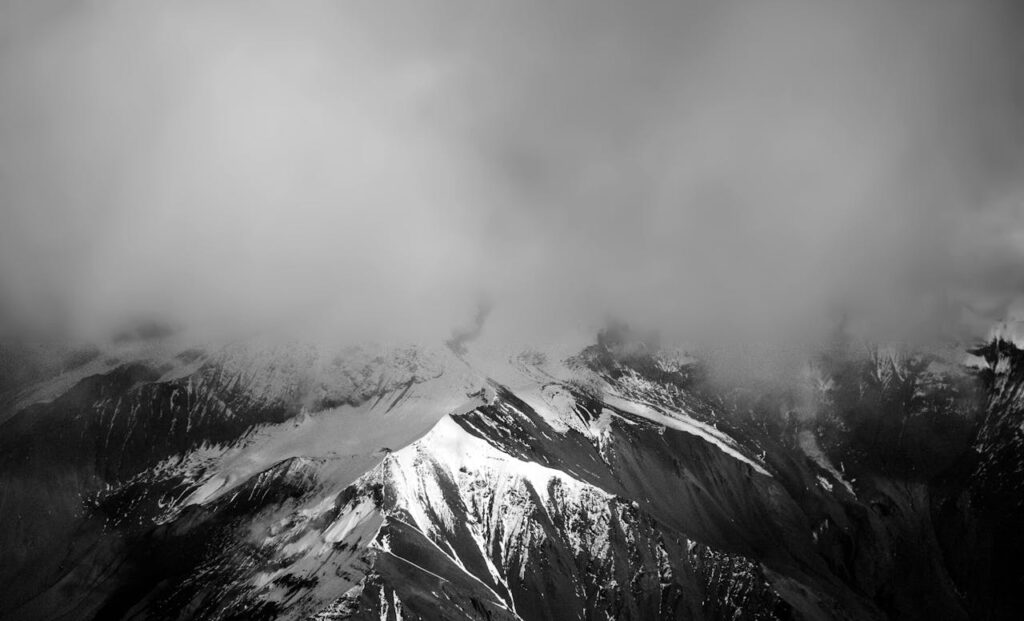The Alaska Legislature has taken a strong stand on preserving the historical and cultural identity of its most iconic natural landmark. In a bipartisan effort, the Alaska House and Senate recently voted to urge former U.S. President Donald Trump to keep the name Denali for North America’s highest peak, rather than reverting it back to Mount McKinley. This significant move highlights not only the cultural pride of Alaskans but also the deep respect for Indigenous heritage and traditions associated with the mountain.
The Background of the Denali Name
Denali, standing at a breathtaking 20,310 feet (6,190 meters), is the tallest mountain in North America. The name Denali, which means “the high one,” comes from the Koyukon Athabascan language, reflecting the Indigenous people’s reverence for the mountain that has been part of their land for thousands of years.
For decades, however, the mountain was officially known as Mount McKinley, named after the 25th U.S. President, William McKinley, who never set foot in Alaska. The name change back to Denali was made official in 2015 by the Obama administration after years of efforts by Alaskan lawmakers and Native communities.
Trump’s Attempt to Revert the Name
Despite the official recognition of the name Denali, on his first day in office, President Trump signed an executive order to revert the name back to Mount McKinley. Trump justified the decision by referring to President McKinley’s contributions, saying, “President McKinley made our country very rich through tariffs and through talent.”
This decision faced immediate backlash from Alaskans and Indigenous communities, who view the name Denali as a symbol of their cultural and natural heritage.
The Alaska Legislature’s Response
In response to Trump’s order, the Alaska House and Senate voted overwhelmingly to urge Trump to keep the Denali name. The Alaska Senate voted 19-0, and the House followed with a 31-8 vote, showcasing rare bipartisan unity in support of preserving the mountain’s rightful name.
Representative Maxine Dibert, a Democrat from Fairbanks and a Koyukon Athabascan, sponsored the resolution. She passionately emphasized, “Denali is more than a mountain. It’s a cornerstone of Alaska’s history, a tribute to our diverse culture, and a testament to the people who have cherished this land for millennia.”
The Resolution Details
The resolution, known as House Joint Resolution 4, calls on the President, the Secretary of the Interior, and the U.S. Board on Geographic Names to maintain the Denali name and stop any further attempts to rename the mountain.
House Speaker Bryce Edgmon, an independent from Dillingham, echoed the collective sentiment by stating, “Denali is the name of our mountain; a name of great importance to Alaska Natives and everyone across our state. It is clear from the bipartisan support in the legislature that Alaskans should decide.”
Historical Efforts and Opposition
The effort to officially rename the mountain Denali began long before the Obama administration’s 2015 decision. In fact, Alaska made its first request to change the name in 1975. However, these efforts were consistently blocked by lawmakers from Ohio, McKinley’s home state, who insisted on keeping the name Mount McKinley.
The recent resolution reinforces that this long-standing debate is about more than just a name. It is about recognizing the cultural significance, history, and identity of the Indigenous people of Alaska and honoring their connection to the land.
What Happens Next?
Since the resolution is a state measure, it does not require the approval of Alaska Governor Mike Dunleavy. Instead, it will be sent directly to former President Donald Trump, Vice President JD Vance, and Alaska’s Congressional delegation.
Meanwhile, the U.S. Interior Department has confirmed that it is moving forward with Trump’s order but has yet to provide any updates on when or how the change might be implemented.
Why Does the Denali Name Matter?
The name Denali is not just a label. For Alaskans, it represents respect for the land, cultural heritage, and historical recognition of the Indigenous people who have lived in the region for millennia. It’s a reminder that some landmarks are more than geographical features — they are deeply woven into the identity and spirit of a place.
The bipartisan effort in the Alaska Legislature sends a powerful message that the people of Alaska stand united in protecting their heritage. It is also a call for national respect for Indigenous names and traditions that predate modern political figures by centuries.
Conclusion
The Alaska House and Senate’s strong stance to urge Trump to keep the Denali name is a proud moment for the state and a reminder that cultural identity and historical respect must prevail over political decisions. With unanimous support in the Senate and overwhelming backing in the House, Alaskans have made it clear that the name Denali belongs to the people, the land, and the history of Alaska.
As the resolution heads to the former President and other key figures, the hope is that their voices will be heard, and the name Denali will continue to stand tall — just like the mountain itself.
